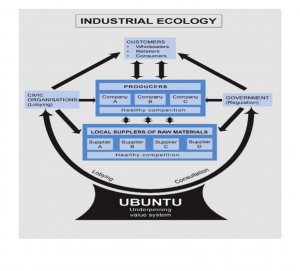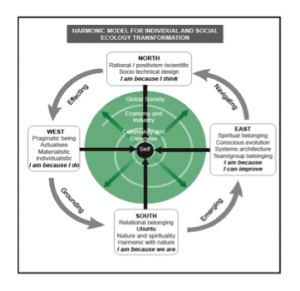Calling: Desire to Overcome Employee Hardship and Industrial Decline
The burning issue underlying this research-to-innovation is the continued economic turbulence and decline that had forced many companies to close shop and in the process affecting the livelihoods of thousands of employees and their families. Joshua Mazorodze Chinyuku’s work was driven by a desire to overcome the hardships and uncertainties that were being faced by employees as a result of the economic turbulences that afflicted the economy from the year 2000 onwards. Dr Chinyuku was determined to overcome such difficulties for his company and its employees hence he decided to embark on this study in search of the solution to the problem. Over the years he had come to realize that the problems facing enterprises were of a systemic nature requiring generic and holistic approaches to their resolution. Josh Chinyuku wanted to discover the innovative approach to such resolution that would result in a recovery and sustainable development of the manufacturing sector. He decided to focus on Astra Paints as a prototype manufacturing enterprise whose results could be extended to other enterprises and the manufacturing sector in general.
Innovation Ecosystem: From Ecoystem to Societal Think Tank
In close collaboration with his colleagues, Elizabeth Mamukwa and Passmore Matupire a cooperative inquiry (CI) group was founded under the name of “Pundutso”. Pundutso grew increasingly into an academic think tank to help direct and synthesize cooperative inquiry researches. Common to all researches was a burning desire to alleviate the continued suffering of employees and of communities by offering innovation driven solutions that could be applied within enterprises, communities, within industry if not society as a whole. Common to the methodology employed was also the need to look at imbalances affecting the individual, enterprise, community, industry or society from an integral perspective and applying a research to innovation path that dissolved these imbalances and result in transformative action and renewal.
Integral Innovation: Towards an Industrial Ecology in Zimbabwe
In this research to innovation, the innovation ecosystem helped to found the ‘’Industrial Ecology’’ model as a basis for sustainable and eco-systemic development of industry and economy that places emphasis on deliberate cooperation and engagement amongst the key economic players, government and civic organizations. The model recognises that vulnerable and emergent economies are in their infant stages and needs eco-systemic protection at the local industry and societal level before they can compete at an equal footing with mature and advanced economies under the guise of liberalization and globalization.
The methodology used in the research to innovation project borrows extensively fromTrans4m’s pioneering approach to Integral Research. In this approach attention is given to four cultural types or four mutually inclusive worlds corresponding to
South, East, North and West. There are four orientations or path to innovation corresponding each of the four cultural types, viz., the southern relational path, the eastern path of holism, the northern path reason and the western path of realisation. Each path is a fourfold composite of research method, research methodology, research critique and action research. For his methodology, Josh Chinyuku used the Eastern path of Holism corresponding respectively to narrative method, hermeneutics, critical analysis and cooperative inquiry. Each path describes the research and innovation trajectory to be followed from grounding/origination to effecting/transformation.
These stages also correspond to the 4Cs methodology also developed by Trans4m standing for Call, Context, Co-creation and Contribution.
Josh Chinyuku developed an approach to Integral Industrial Ecology, involving the participation of cooperative inquiries at Astra Paints and at the confederation of Zimbabwe Industries, CZI (with Chinyuku as lead researcher), at Turnall (with Elizabeth Mamukwa as lead researcher), and at Art Cooperation (with Passmore Matupire as lead researcher).
The final innovation was the founding of the Integral Industry Ecology model which enjoins stakeholders to cooperate synergistically for the good health of enterprises, industry and the economy.

Chinyuku also developed the Harmonic Model for Individual and social ecology transformation as a propagation model for integral industrial ecology social innovation. This model builds on our relational being but then integrates this with attributes from the other integral worlds for a truly integral and sustainable innovation.

Integral Innovation: Creatively Applying the Industrial Ecology
According to Josh Chinyuku, the efforts in applying Industrial Ecology resulted in harmony, cooperation, creativity, increased cross functionality and all round productivity at the workplace. As well as the visible transformation at the workplace, Josh Chinyuku and his team managed to improve cooperation within the ranks of the CZI membership as well as between various stakeholders affecting the manufacturing sector.
In conclusion, for Josh Chinyuku: “In my experience, I had noted a symbiotic relationship between the health of the enterprise, and the health of industry which in turn found its roots in the health of the economy and society generally.“
THIS INTEGRAL INNOVATION WAS GRANTED WITH THE PRESTIGIOUS
DA VINCI COMMUNITY SERVICES AWARD
For the outstanding achievements embodied in this integral innovation, Dr. Chinyuku was awarded with the Community Services Award, by South Africa’s Da Vinci Institute.
“The Da Vinci Institute has incorporated Community Services as a key component in all offerings to clients. This award recognises students who demonstrate a commitment towards community involvement and who have included community activities into their learning and research.”

